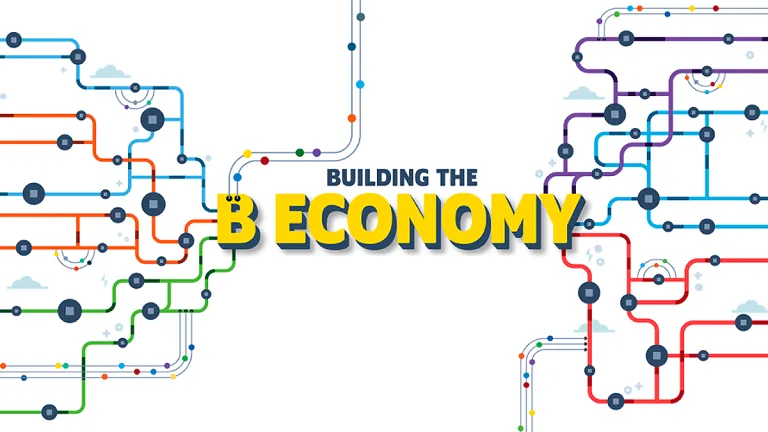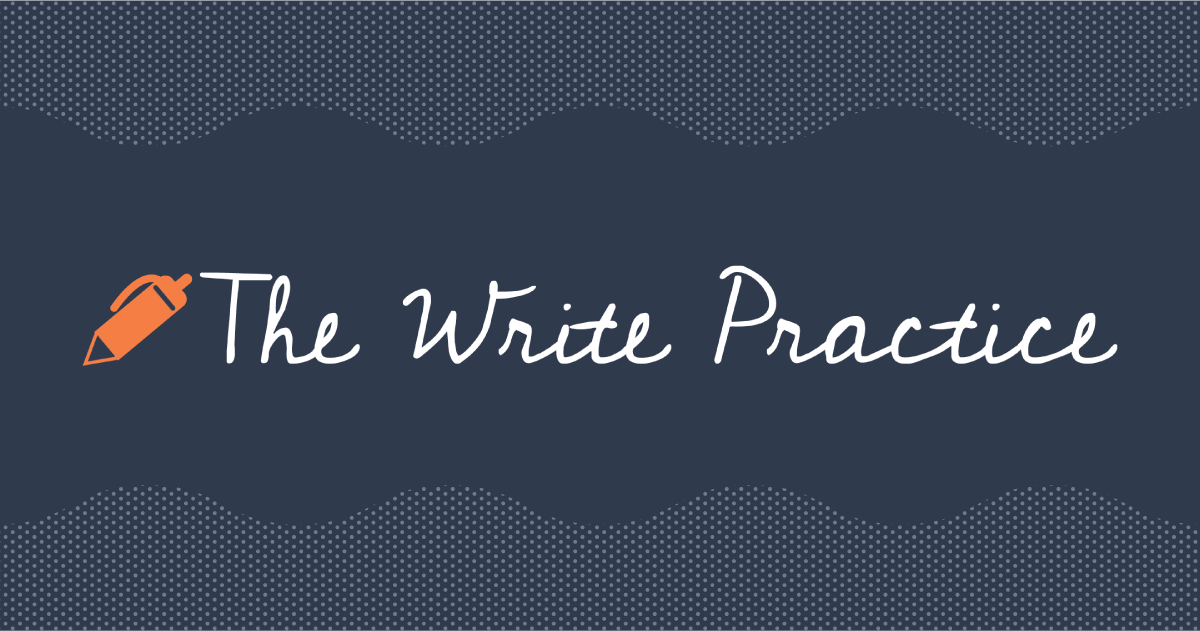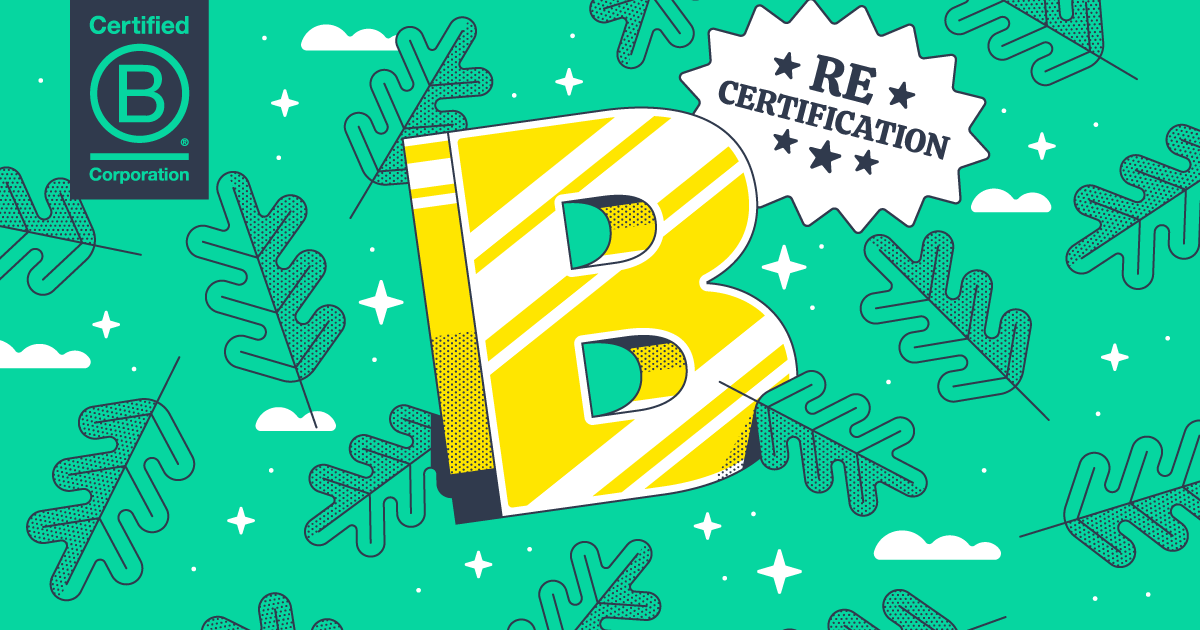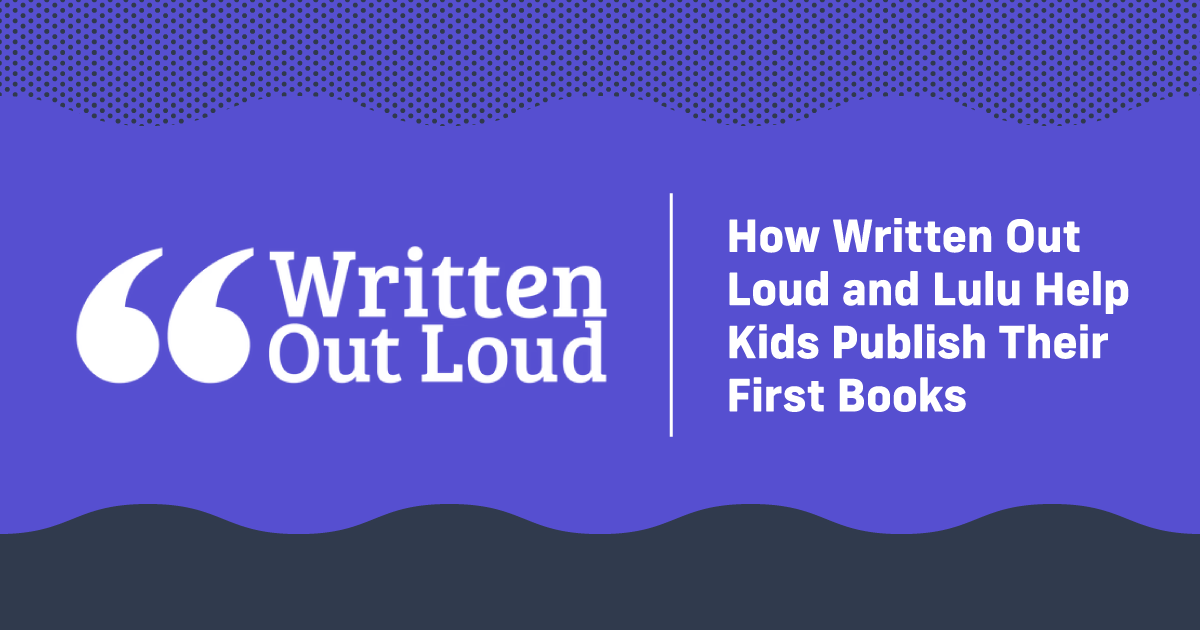Before & After - An Outdated Economy Transformed
Let’s think of our economy as a house in your favorite remodeling show. It’s an exceptionally mediocre house. The aesthetics are dated and the electrical wiring is questionable, at best. The wall-to-wall carpeting in the bathrooms suggests that whoever built the house certainly didn’t subscribe to the notion that form follows function. Still, we’ll say the house has “good bones”.
It may have been perfectly lovely for the original homeowner, but now, the house desperately needs a remodel to fit today’s needs.
The same is true for the way we do business as a country.
While some people have succeeded in the current economic state, many have not. It simply wasn’t designed for everyone. As such, the economy cannot bring value to ALL stakeholders – you, me, our communities, the environment, and business. Shareholder primacy theory, the asbestos insulation of corporate law, won’t allow this.
What is Shareholder Primacy?
Shareholder Primacy is the concept that businesses are required to ensure their number one goal is to maximize value ($$$) for shareholders. This approach has greatly benefited wealthy stockholders and CEOs but leaves much to be desired for everyone else.
In fact, in a report from the Economic Policy Institute, income inequality has increased across the United States since the 1970s. Between 2009 and 2015, the incomes of the top 1 percent of Americans grew faster than the incomes of the bottom 99 percent. On average, a family from the top 1 percent received 26.3 times as much income as a bottom 99 percent family.
The impact of shareholder primacy extends beyond people. Its failure to address the environment as a key stakeholder has largely contributed to environmental degradation. Hello, extreme weather events! Is that you, rising sea levels? We weren’t expecting you so soon.
If your renovation budget doesn’t include a specific line item for fixing the crumbling foundation, there’s a good chance that the project will be overlooked. Ignoring the economy’s effect on the environment is gross negligence. Ninety-seven percent of climate scientists agree that global warming trends in the past century are most likely due to humans.
Unlike popcorn ceilings, we can’t hide our cracked economy and pray no one looks too closely. Ignoring our problem won’t work. It’s up to us to fix it – together.
Building A Different Type of Economy
To fill our toolbox with the necessary instruments of economic change (and learn how to use those tools safely) Lulu attended the 2018 B Corp Champions Retreat in New Orleans. This year’s conference focused entirely on building the B Economy.
B Lab, the non-profit that certifies all B Corps, defines the B Economy as an economy built by everyone who works for, buys from, invests in, learns or teaches about, or supports businesses striving to create shared and durable prosperity for all.
If this sounds familiar, you may have heard of Senator Elizabeth Warren’s Accountable Capitalism Act. The bill proposes a powerful shift from shareholder primacy to stakeholder governance, very much like B Corps and benefit corporations. It’s not just a notion from a single liberal legislator. The benefit corporation model is supported by Republicans like Vice President Mike Pence and Chris Christie as well as high-level business executives including BlackRock’s Larry Fink.
A Blueprint for the B Economy
Up to Code
The government plays a huge role in our economy by promoting growth and stability. Simply put, the government creates rules for business and controls money- two important jobs.
Because we live in a democratic society, it’s up to constituents to determine who influences the direction of our government. The politicians we vote for should represent our values. You wouldn’t hire a plumber to do your electrical work. If we want more robust climate change policies, we’ll need to pick the right people to do the job.
You can vote for the environment!
Location, Location, Location
Where you spend your time matters. Whether you’re a business owner or work for someone else, your employment choice impacts the economy.
I chose to work for Lulu because I, too, believe in creating a more equitable platform for people to share and profit from their content. I continue to work for Lulu because the company champions my shared values of sustainability, and inclusion, and sincerely strives to make every day better than yesterday. Lulu’s B Corp certification proves the company isn’t a bunch of hot air. We have the tools to measure (imperial units) and prove our positive impact.
You can work for a B Corp, too! Check out B Work.
Idealist is another excellent resource for discovering social impact job openings
If you can’t switch careers, don’t worry there are plenty of ways to create positive change. Check out volunteermatch.org for volunteer opportunities near you.
Place Your Bid
You’ve probably heard the phrase “vote with your dollar.” It may sound trite, but it’s true.
We don’t have to wait for the government to implement laws to create widespread change within our economy.
Each time you spend money, you are rewarding that business and in essence encouraging them to keep on keeping on. If we continue to give our money to fast fashion companies, how can we expect the clothing industry to change? There’s no incentive.
Instead, consumers should take the time to learn about the practices of the businesses they support. This means shopping with more intention (sorry, impulse buys) and supporting brands that use their business as a force for good.
The Good Trade’s 3 Ways to be a More Conscious Consumer is a great place to start.
Yell (Loudly!)
You may already be part of the B Economy.
You joined the B Economy when you published your book with Lulu, a certified B Corporation. Or maybe you joined when you financed your home remodel through a local credit union or bought a pair of Athleta leggings, or decided to launch your crowdfunding campaign with Kickstarter. Your introduction to the B Economy may have been through your research of triple bottom line business. Perhaps, you joined the B Economy when you chose to work for a company that puts as much care into people and the planet as it does profit.
However you joined, Lulu is proud to stand beside you in the B Economy.
We want to hear what you’re doing to build the B Economy. Please share your story!




